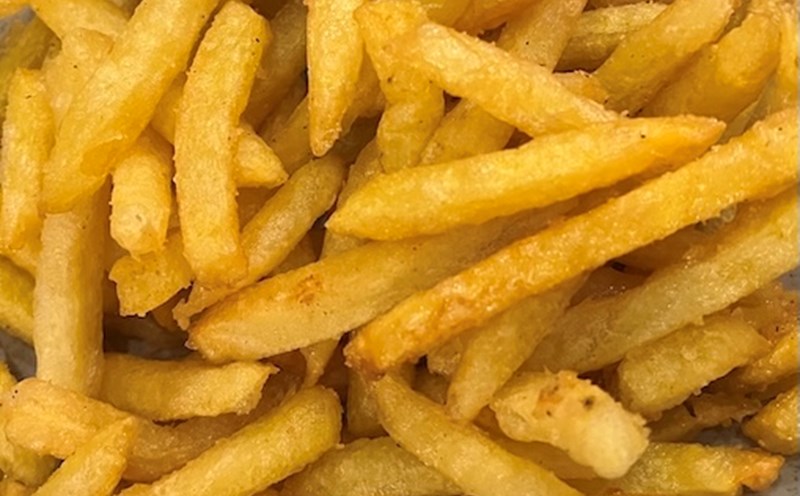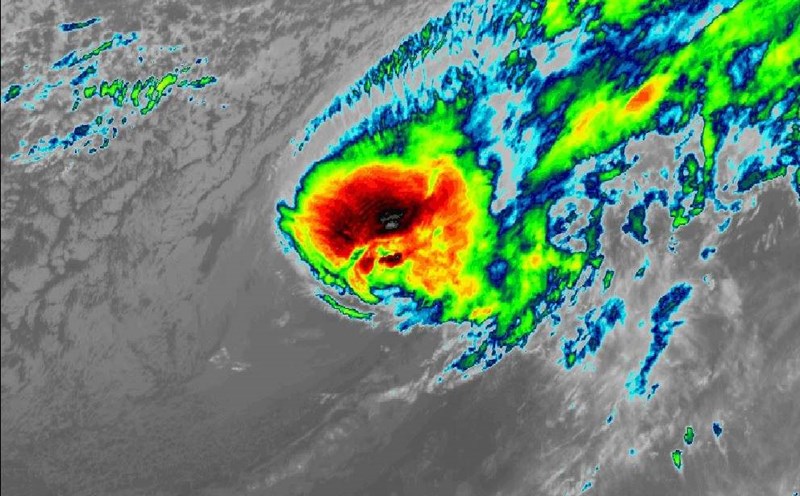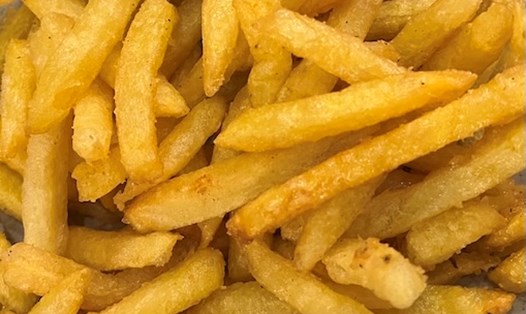For people with high blood pressure, their diet needs to be strictly controlled, especially the amount of sugar and sodium taken into the body. In particular, sugarcane juice - a popular and energy-rich drink - often causes controversy about its safety for people with high blood pressure.
Mango juice contains high natural sugar content, mainly sucrose, with a glycemic index (GI) of about 43, on average low. However, because sugarcane juice lacks fiber, sugar is absorbed quickly into the blood, which can increase blood sugar and indirectly affect blood pressure.
According to nutritionists, consuming too much sugar increases the risk of high blood pressure, as it causes metabolic disorders, weight gain and insulin resistance factors related to cardiovascular disease.
In addition, a cup of sugarcane juice, about 240ml, contains about 3035g of sugar, equivalent to nearly 79 teaspoons of sugar, exceeding the daily recommendation of no more than 25g for women and 36g for men. Regular consumption of sugarcane juice can lead to weight gain, put more pressure on the cardiovascular system and worsen high blood pressure.
However, sugarcane juice also contains some minerals such as potassium and magnesium, which are beneficial for regulating blood pressure. Kali helps balance the amount of sodium in the body and dilate blood vessels. However, for people with high blood pressure, the benefits of potassium in sugarcane water are not enough to compensate for the harmful effects caused by high sugar levels.
People with high blood pressure should not drink sugarcane juice regularly, especially when controlling their weight or at risk of diabetes.
If you want to enjoy it, you should drink it in small amounts, less than 100ml, and without adding sugar.









